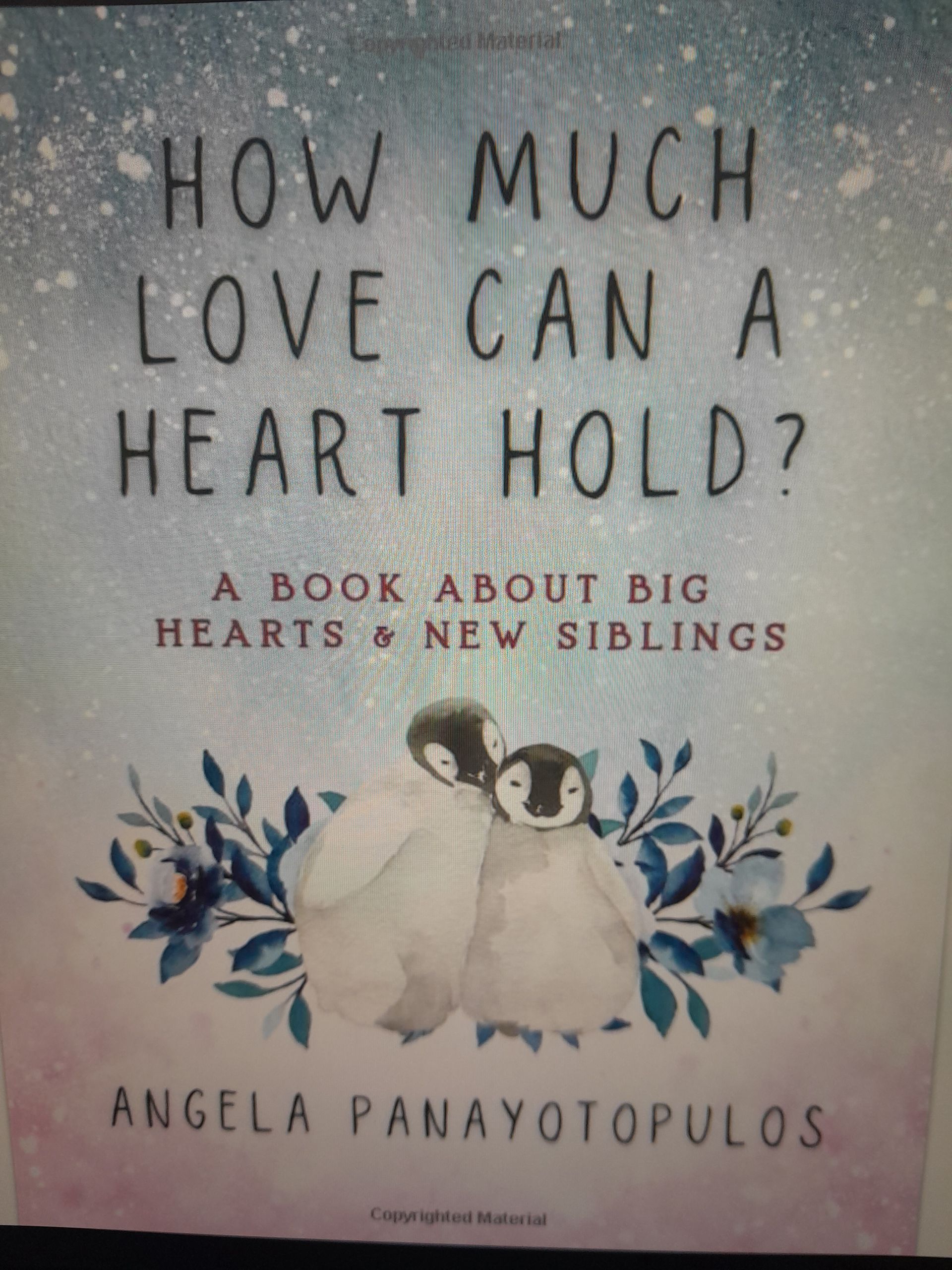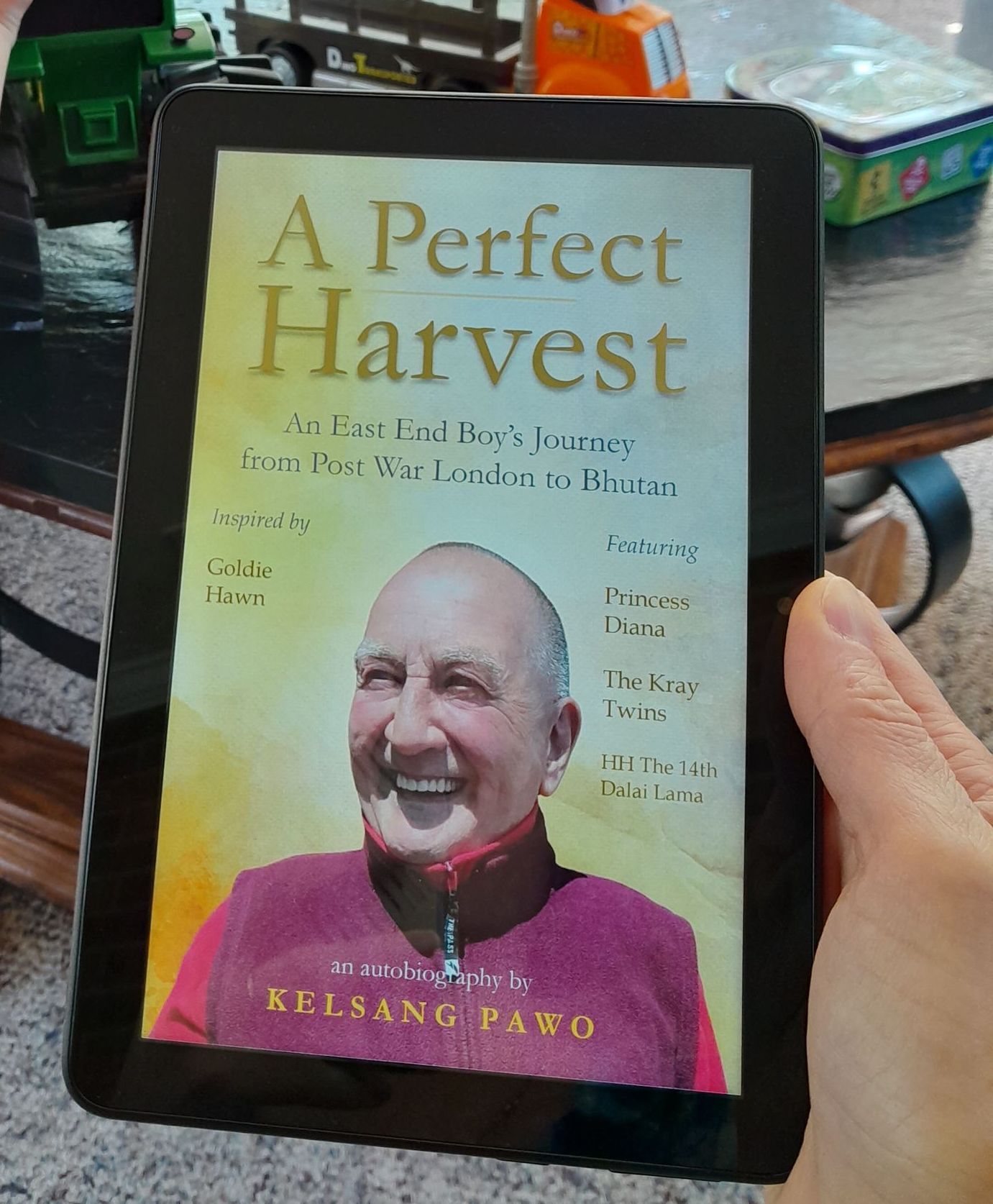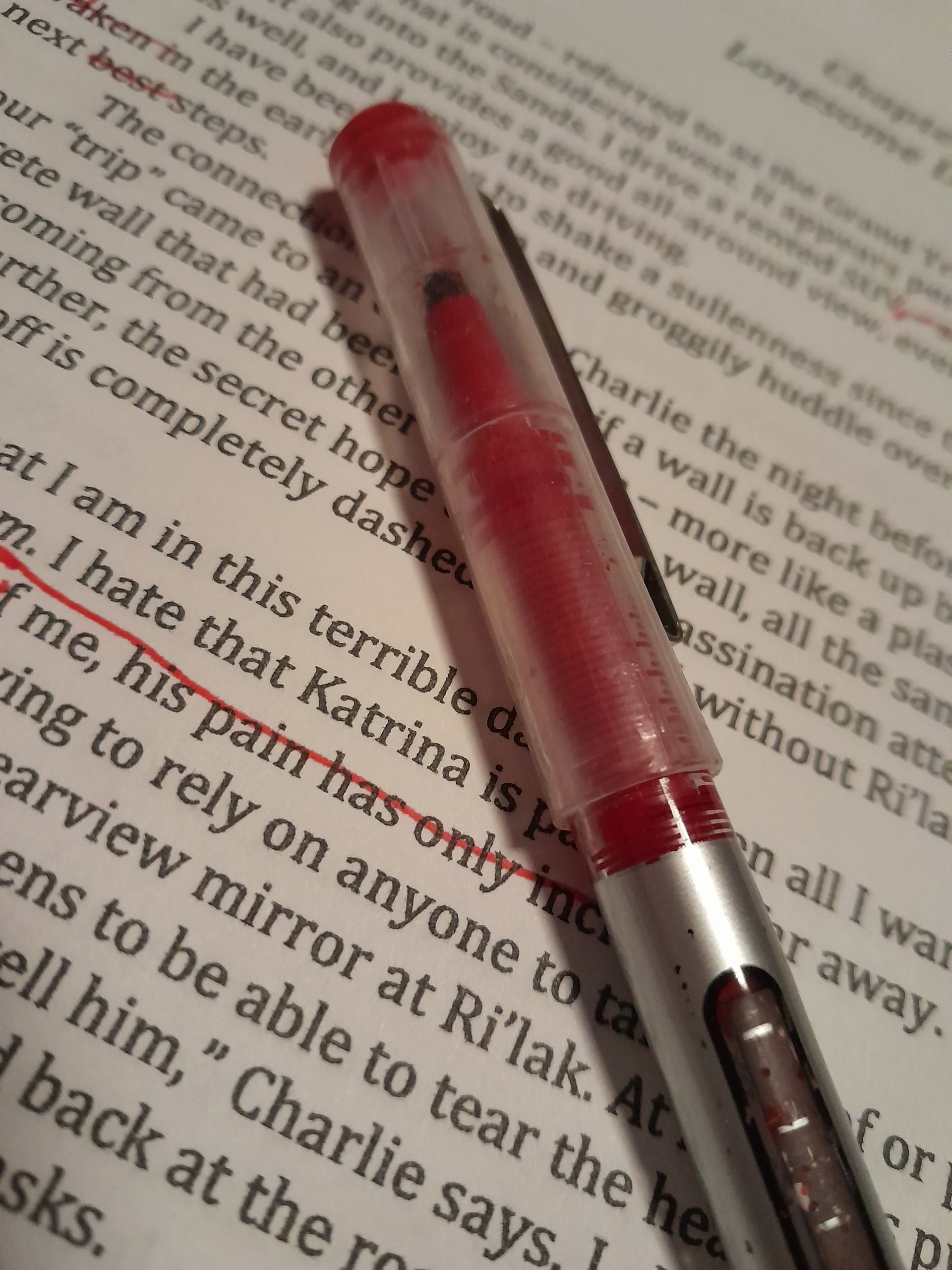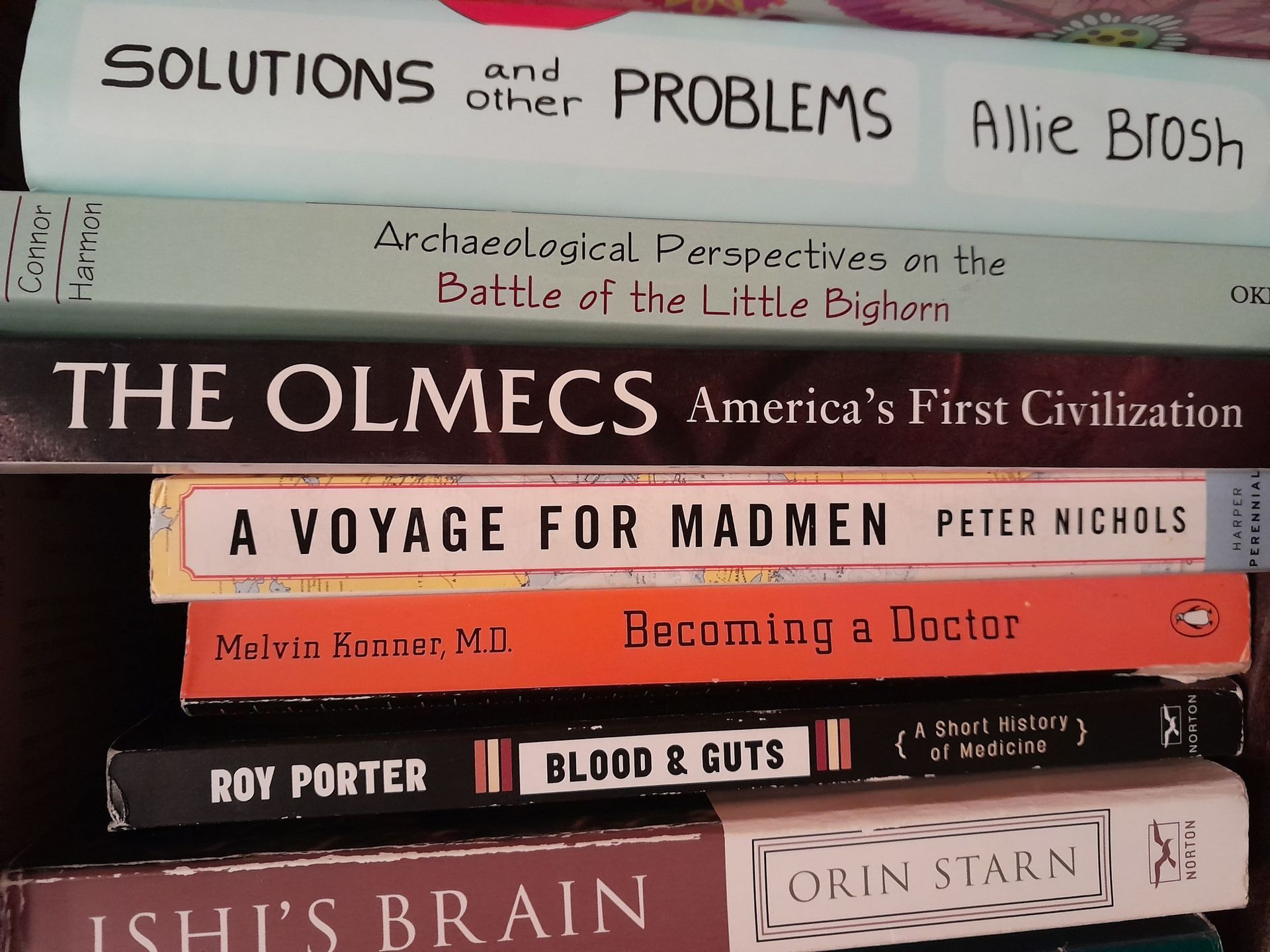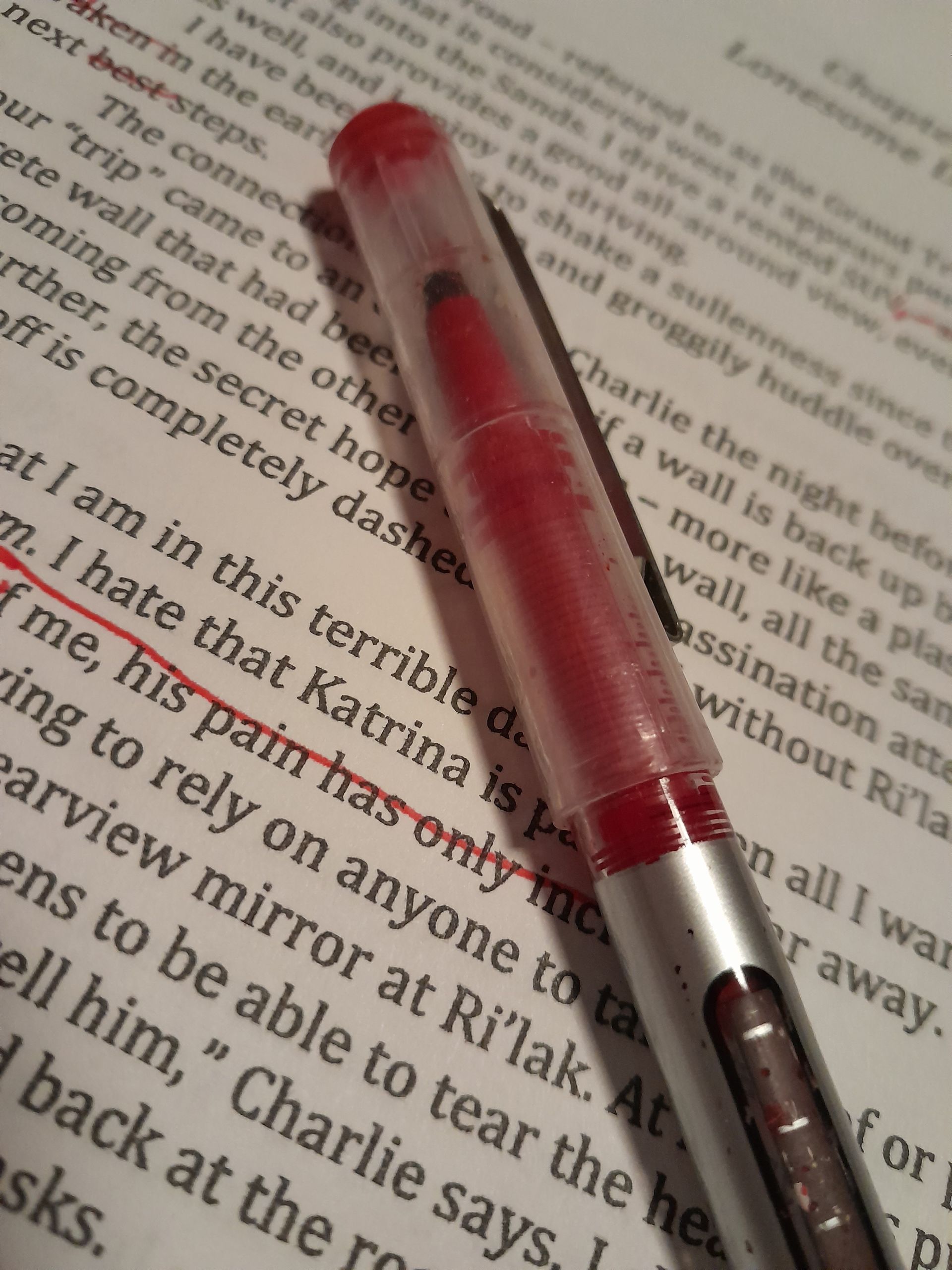On Finding the Time to Write
Realistic Tips for the Modern Human
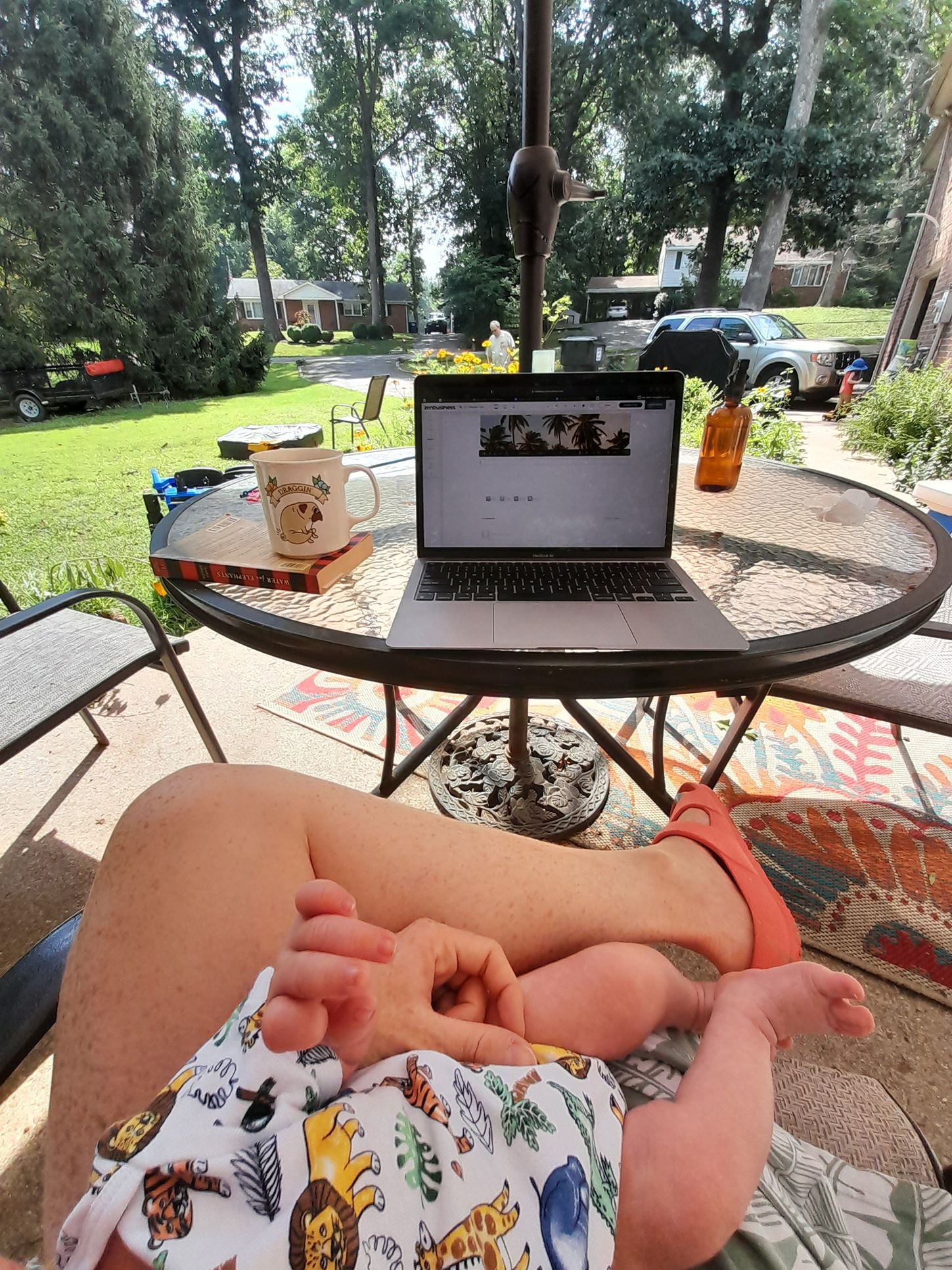
If you are like me, you have read all sorts of writing advice that says you need to write every day, in solid, scheduled chunks. One of the most popular books about writing, Stephen King's On Writing, emphasizes this, as do most writing blogs, courses, etc. On Writing is one of the most popular and frequently mentioned books on the craft of writing, and to its credit, it is an easy, quick read written by one of the most popular American authors of all time.
But the last time I read it, I found myself sighing in frustration. King mentions a time in his life when he was working full time, but never acknowledges - as far as I can remember - how the average, modern person should manage to fit in solid, daily writing time.
One of the other most common pieces of advice aspiring writers receive says you need to be reading frequently, consuming as much of the written word as possible. I agree with this. Successful writers need be voracious readers. But setting aside time every day to read and write and do all the other things a modern human has to do...well, if you truly believe you have to write and read every single day to be successful, then it is easy to get discouraged.
I want to challenge the idea that to be successful you have to write every day for hours. Okay, so I know I cannot yet be considered a "successful" writer, depending on how you define success (I am unpublished). And of course, the more time you dedicate to writing the faster those projects are going to get finished. I will acknowledge that now. There are certainly advantages to daily writing.
But let's be realistic. Most of us have a lot of responsibilities and not a ton of free time. Sometimes even if we have a little time, we just don't have the brain power to do any solid writing. When I had a full-time job and a long commute I found more time to write than I do now with kids and family. Even then it wasn't easy. It was hard to sit on a computer all day and then come home to more computer time to write.
It will take me a few days just to write this blog. I have a fussy baby in my lap and also have to monitor a sometimes unruly two-year-old (I mean...he's two, you know?). I live in a house full of people. There are endless chores to do, and I'm trying to manage my own business. The thought of fitting in a few minutes of writing time each day often seems unrealistic to me, much less a few hours. I do need to sleep sometimes...
Usually if I find the time to read, I have to sacrifice writing time and vice versa. It is really challenging, and I want to acknowledge this difficulty for those of us who want so desperately to write but find that common writing advice so, so hard to follow. Do not feel like a failure because you cannot fit in time to write every day. Writing should be a passion or a fun hobby, not a guilt-inducing slog.
I have never found the time to write every single day. And guess what? I still finished my book. It took seven years, but it's my first completed project that I feel good about sharing with the world, and I'm crazy happy about it. My business is growing - slowly, yes, but growing. Writing Book 2 of my trilogy is going faster and smoother: when I sit down to write I know what I'm doing and where it's going.
Yet I have even less time to write, and I go weeks without touching it. Yup, WEEKS. Sometimes months, if I am being honest. But I did finish writing a novel and that feels like an incredible accomplishment. I feel like a success already, and I know it is only going to get better.
So here are my tips for the modern human who wants to finish that writing project but just cannot find the time:
1) Daydream. This is how I wrote most of my first book...years before I ever put a word on the page. I thought about it...A LOT. I wrote and rewrote whole scenes in my head over and over again. Sometimes I have whole sentences or paragraphs written and memorized in my head before I write them down. Do not underestimate the advantage of this: think about your story while stuck in a traffic jam, washing dishes, folding clothes, showering. Then when you do get a minute to sit down and write, you will not have to waste time longing for a muse and watching a blinking cursor. You will already know exactly what needs to go on the page.
2) Scribble. When I was working, sentences or ideas would come to me, and I would take a minute to write them down in a notebook I kept nearby. My 15 minute breaks were often spent writing down scene outlines. I still have a stack of notebooks with these scattered scenes. I would take my notes home and transfer them to a digital document when I got a chance. This is another great way to avoid wasting writing time, while also serving as a kind of first, rough draft of a scene. When I went to write those scenes in a Word document, I would be able to perfect them further, effectively creating a second draft. Keep a notebook with you at all times. You won't regret it!
3) Schedule a weekly time and place. Instead of trying to force myself to squeeze in time every day to write and battling with assorted other responsibilities, I have around two hours scheduled every Wednesday in my favorite coffee shop where I go to work. Having a set time and dedicated location really helps, not only in terms of finding the time to write but also just for my mental health. I recommend this for modern mothers in particular, as we so rarely have time to ourselves to really focus. Set that time and place. Use your network to help you carve out a few hours to yourself each week to work on your favorite hobby, with a nice cup of coffee or tea.
4) Don't rush. I think this is why we often set ourselves up for disappointment: we want to hurry up and get a project FINISHED. But writing, like most art, takes time, and I would argue it takes quality time even more than a quantity of time. If you spend half your writing time beating your head against the desk, it really is not doing you much good. Take your time. Daydream. Scribble. Writing is not a get rich quick scheme. Write because you love it and value your story, and take your time doing it. Enjoy that time instead of rushing through it.
5) If you can't write? Read, listen, and consume stories. Sometimes you just do not have the bandwidth to write. That is a good time to read. I recommend reading in your genre if you are close to seeking publication, but any reading is good for the writer's brain. And if you cannot read? Listen. Audiobooks count. Really need to zone out? You know what...movies and TV shows tell stories too. Buffy the Vampire Slayer (and the Angel spin off) is one of my biggest influences, and I am sure I get some of my character building and dialogue strengths from the number of times I have watched that show. I believe that consuming stories of any type will help your own storytelling and world building.
6) Make writer friends. This occurred to me as I was finishing this post, but I think it is worth mentioning. Writer friends can serve as a great source of inspiration. They are also people you can share your work with, often offering a safe space for getting your writing in the hands of someone else. It has helped me stay motivated. And when I'm floundering? I'll shoot an email to one of those friends: how did you manage the query process?! I'll ask. Or I will touch base about how their own editing process is going, and we can commiserate.
I hope this helps some of you create new habits that will get your story across the finish line. I also want you to know you are not alone if you get frustrated by the most common pieces of writing advice out there. Writing every day may be ideal, but it often is not realistic. That does not mean you cannot be a writer. It does not mean you will never finish that project.
You can. You will.
PS It took me four days to write this post!



